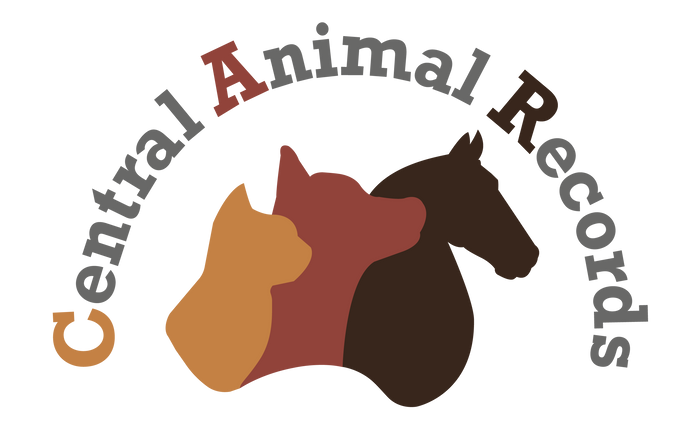VIPet Monthly Newsletter (Issue 7)
Pet Care Basics

(1) The ins and outs of vaccinations
Pet vaccination protocols can be confusing, particularly in puppies and kittens! The vaccine schedule recommended for your pet depends on their type, age and lifestyle.

Why is it recommended to wait until 12-16 weeks old for the final puppy/kitten vaccination?
This recommendation is based on studies showing that some animals still have significant levels of maternal antibodies in their bloodstream at 12-14 weeks old (and sometimes longer), which can “block” your pup or kitten from responding properly to vaccination and gaining long-term disease protection. Maternal antibodies are a temporary passive immunity system passed from mother to baby. Whilst they provide very young pups or kittens with protection against disease, they eventually wane, leaving the growing animal unprotected.
Vaccination schedules are therefore designed to give your puppy or kitten regular opportunities to effectively form their own long-term disease immunity, as their maternal antibodies naturally decrease. Some vaccines can be effective at 10-12 weeks of age and, in those situations, a vaccination at 10-12 weeks of age may last a full year.
Does my animal require booster vaccinations every year?
After the first year of puppy or kitten vaccinations, booster vaccinations are advised every one-to-three years, depending on the vaccine types used. Your vet will make specific recommendations for your pet based on their lifestyle, e.g. if they are indoors or outdoors, if they go to boarding or travel interstate, if they live in a rural environment or based on the diseases being covered.
If your pet suffers from a health issue that makes vaccination less safe for them (e.g. an autoimmune disease or rare vaccine allergy), we may discuss special blood tests called “vaccine titres” to check your pet’s existing immunity levels.
What if my animal is overdue for vaccination?
If your pet is overdue for vaccination, call your friendly vet clinic team for advice. Pups or kittens may need a further two booster vaccines to get back on track, whereas previously vaccinated adult animals may be OK with just a single booster.

